
Caregivers become increasingly important in medical decision-making for patients with dementia and cancer.

Caregivers become increasingly important in medical decision-making for patients with dementia and cancer.
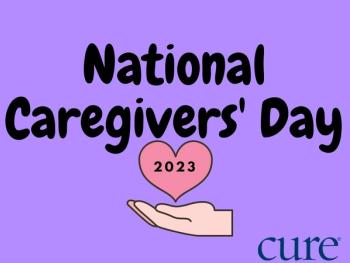
In honor of National Caregivers’ Day, CURE® took a look back at some of our most popular content from and about cancer caregivers.
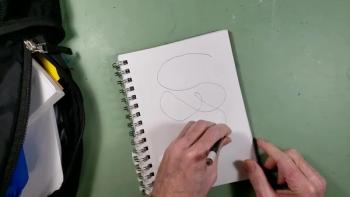
When my wife was going through breast cancer treatment, I started drawing with my non-dominant hand as a means of distraction and self-care.

In honor of Valentine’s Day, we asked our audience to share some love for someone who helped them through their cancer experience. Here’s what they had to say.
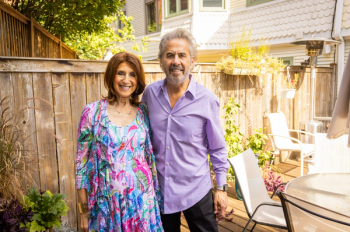
Rickey and Marla Briskman’s marriage has grown as both have navigated the roles of patient with cancer and caregiver.
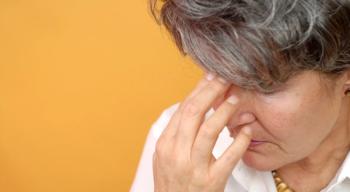
The risk for psychiatric disorders increased for spouses of patients with cancer compared with those whose partners did not have cancer.
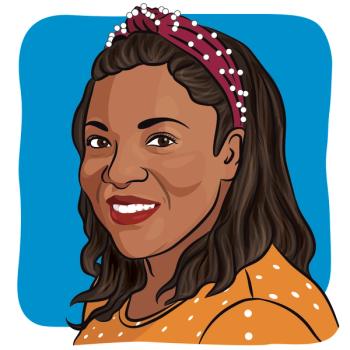
Years after I went through mesothelioma, my husband was diagnosed with cancer, causing a reversal in the patient-caregiver roles.
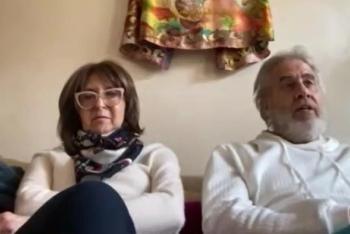
For National Family Caregivers Month, lymphoma caregiver Rickey Briskman explains the importance of caregivers putting themselves first.

As I enter my second year of grief and the shock and fog of the traumatic loss of my wife to cancer has waned a bit, sometimes I see things a little clearer. And one thing I do know, there was something that I did get right.
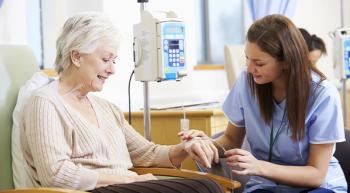
My oncology nurse has been making connections with her patients for more than 20 years. I’m forever grateful I was lucky to be her patient.

Having someone beside you to accompany you during doctor's visits to take notes or having someone to help you find the right specialist or even to just help research what treatment options are available can be incredibly helpful.
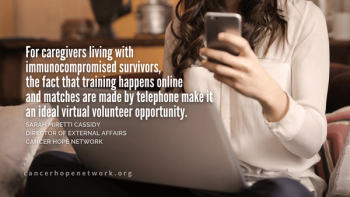
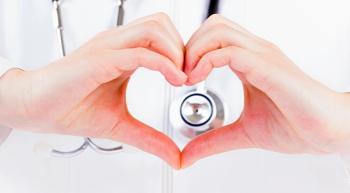
Through the support she provides, Stacey eases the load for patients with cancer and doctors alike.
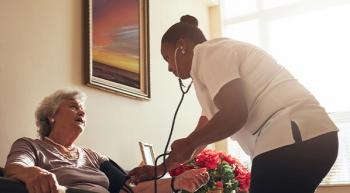
Cheryl’s helpfulness in caring for her patients is very evident, as she is always using her spare time to make sure the patient is comfortable during their stay.
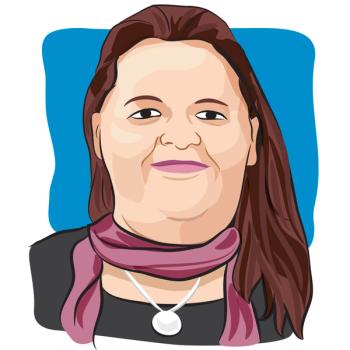
I can’t imagine not seeing my sister during her blood cancer treatment, but I also struggle to picture the effects of infecting her with COVID-19.
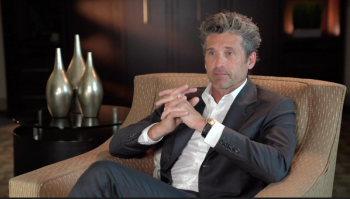
Actor and cancer advocate Patrick Dempsey predicts that more focus will be put on complementary cancer care, such as nutrition and environmental factors, over the next several years.
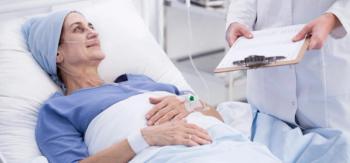
"I do not know how I would have gotten through my (cancer) diagnosis, treatment and recovery without … my amazing oncology nurse, my sister."
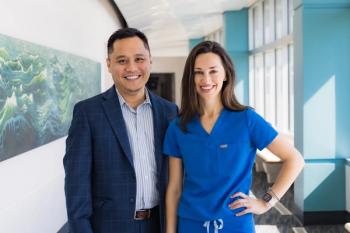
The care received by our patients (with cancer) has been described as “exemplary,” an incredible achievement for an infusion center that was a revolving door for short-term travel nurses with little-to-no full-time staff to provide the continuity of care that oncology nurses are well-known and admired for.

Anger is a reaction to injustice, which cancer certainly is. Sometimes I wished there was a place in the cancer treatment centers to let that rage out.
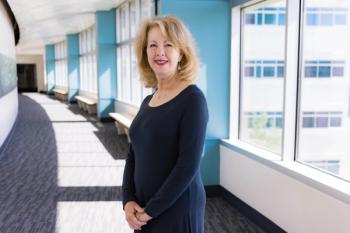
I am forever grateful that my life has been blessed and touched by this angel on earth.

Watching my sister undergo cancer treatment made me want to become a nurse, though after she was re-diagnosed, I’ve had to step away from that career path.
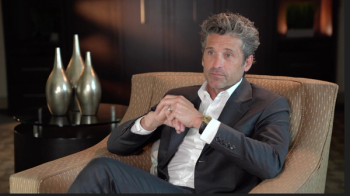
Actor and cancer advocate Patrick Dempsey explains that when a loved one is diagnosed with cancer, it is important that family members make the moments they share together count.
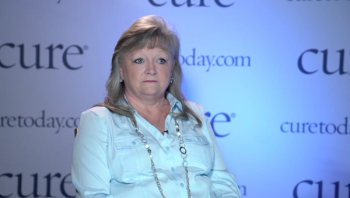
A nurse navigator explains how people in their profession create bonds with their patients and guide them through the cancer experience.

She advocates for her patients’ needs and escalates pertinent information to the interdisciplinary team to be able to provide the best care possible.
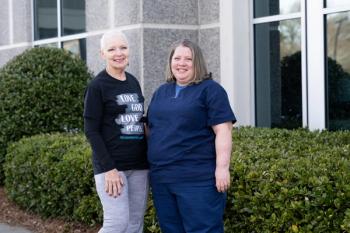
If I get nervous about a test result, she always takes time to talk with my husband and me about it and explain what the results mean.
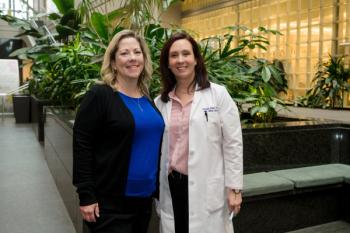
Every year, she helps coordinate fundraising for other lung cancer groups and research efforts. She is totally committed to the lung cancer community and her patients.
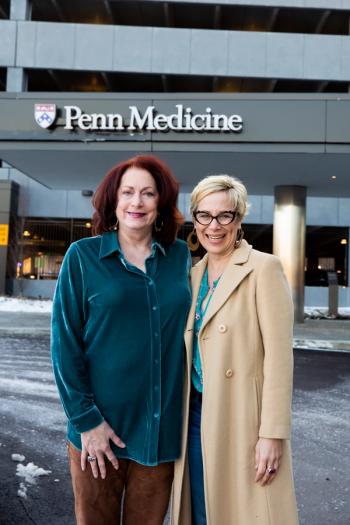
“I feel her strength, and because of Lorelei — the way she makes me feel comfortable and confident; the way she cares deeply for me, her other patients and colleagues; and her always professional attitude and manner — I realize that, like other obstacles, I will eventually be able to face this, too,” writes one nurse’s patient in an essay nominating her for CURE®’s 2022 Extraordinary Healer award.
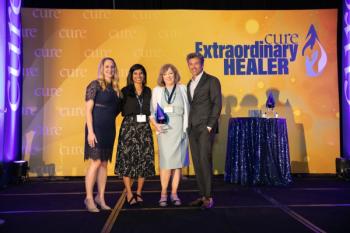
For the first time in three years, CURE® welcomed 500 attendees in person and hundreds more virtually to honor the 2022 Extraordinary Healer® award recipient.
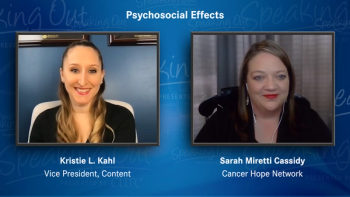
As part of its Speaking Out video series, CURE spoke with Sarah Miretti Cassidy, director of external affairs at Cancer Hope Network, about support for caregivers of patients with lung cancer.
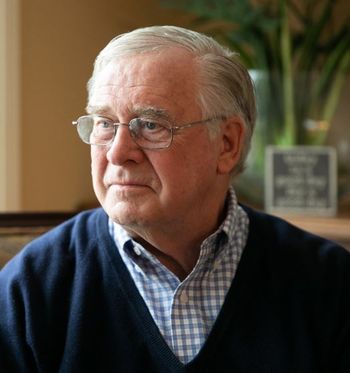
Regardless of a man’s age, providing care to a partner or family member with cancer has been shown to take a drastic toll on their health. To make matters worse, research shows many men struggle in silence.